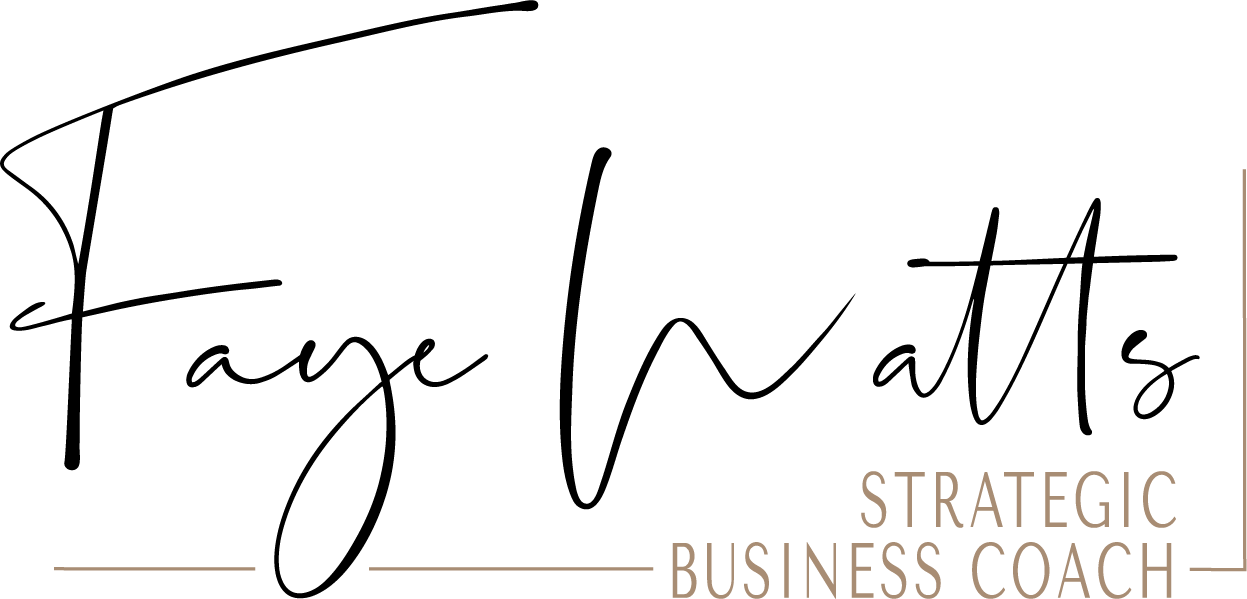Starting a Business? Do you know where to start?
Got a business idea but don’t know where to start?
Know how much money you need to get it off the ground?
Have you got a plan?
How do I register the business?
These are some of the questions you might be asking…
Starting a business might not be for everyone. Perhaps you have a natural entrepreneurial flair and you’re a great visionary with a constant stream of new ideas? Maybe you just want to supplement your income, with a side-hustle you started as a hobby from your passion, whilst working full-time or running a busy family home? Or you just don’t like working for anyone else and you have to earn a living?
Whatever your reasons, it will have an impact on how you structure the business, how you plan, and whether you form a company, register as self-employed or set up a partnership or LLP with someone else.
It is also important to consider whether this is a business that will give you money for the future, cashflow now or whether you are building something with the intention to sell it. Where is the value and where is your main financial return coming from? ie from the sale of the business or from the services or goods it provides to customers.
PLAN
How will you finance the business? Will you need a loan or are you seeking investment? Can you manage without a guaranteed income source? Will it be instantly revenue producing? This will help you determine how much money your business will need allow you to be clear on how you will finance your first 6 months, enabling you to consider your options from the outset. Borrowing can look attractive in the beginning but be realistic about how much you actually need.
This is why forming a business plan, which includes a fundamental financial overview is essential for a new or growing business. Be realistic and be truthful to yourself about anticipated returns, know how much your marketing budget will realistically be, know what your legal and other overheads are going to be. Do your research, find out from colleagues and peers and other business owners and put together a plan that is real and functional and something that can be fully fulfilled and achieved.
Make sure you know who is your customer, the cost of what you are selling (goods or services), and where your profit lies. You don’t need to know the full ins and outs of the balance sheet, but a clear understanding of your profit margin will give you a massive head start. No-one can confidently predict the exact future outcome and profitability of a business but an idea of a forecast will certainly help.
A business plan is never finished, you will always be adding to, tweaking and growing it, you might just call it something different as the business grows.
REGISTER
If you are simply looking to do a bit of freelance work then usually becoming self-employed is the simplest and most straightforward way of working. Becoming self-employed is very easy and simply involves completing an online registration form to HMRC within 3 months of starting to trade. You will then be required to submit an annual tax return. However this does not mean it is the most tax efficient and will depend on your personal circumstances and the amount you are earning. Also commercially, being self-employed doesn't give you any protection against your personal assets for liability. So of course it depends on your personal financial circumstances and the nature of your business and its requirements.
Alternatively, forming a company gives you a bit more flexibility but can be more costly. A company must be set up with Companies House and requires more structure, and although it is still relatively straightforward, I always suggest taking advice first. With a company, you have the benefit of the limited liability protection from the company, known as the ‘corporate veil’ and the commercial impact of this, meaning your liability is ring-fenced within the company. You can do some simple tax planning to decide upon when and how you extract your profits, which could give you a better tax saving compared to being self-employed if you were a high rate taxpayer.
If this new business is aimed at growth and long-term longevity, ie you may be considering investment or bringing in other people, a company will give you this structure.
INVESTMENT
When considering investment, it is crucially important to work out in the beginning how much money you really need and whether you really want to give away part of your business in the beginning if you don’t actually need the cash. Many people will come up with a figure in their head without any methodology behind the workings and say they need a random amount of say £150,000 for their plans but in fact they only need half of that, and can over-raise finance when they don’t need to.
Often start-ups give away too much of their business in the beginning, giving away too many shares in exchange for cash early on. Then when they need to refinance again at a later date they end up decreasing their own shareholding in the company, and further down the line this could even mean giving away a majority ownership and losing the control of your company.
Consider other finance options, such as commercial, peer to peer or even family loans. This way you borrow just what you need to without giving away any of your company, but just make sure you keep up the repayments.
There is good debt and bad debt, so make sure it is the right commercial decision for your business.
PROTECTION
All businesses should have good insurance, covering public liability and/or professional indemnity depending on your industry or profession, and if you employ people remember to ensure you have employers liability too. Make sure you have your T&Cs in place and any relevant contracts ready, if necessary. These will make sure you don’t get into any difficulty and you’re clear on your offering. Remember, prevention is better than cure.
There are endless tasks a business needs to do but once you have a plan in place and have got the business set up and registered, you’re off! Lastly, as they say, failing to plan is like planning to fail.
Faye Watts is a Strategic Business Coach and founder of London accountancy firm, FUSE Accountants. Sharing business development skills with business owners like you through planning, coaching and advisory. She is also the co-founder of Audrey an online platform for women who know there’s more to life and sits on the board of various organisations, including as a trustee for the charity Neuroblastoma UK










